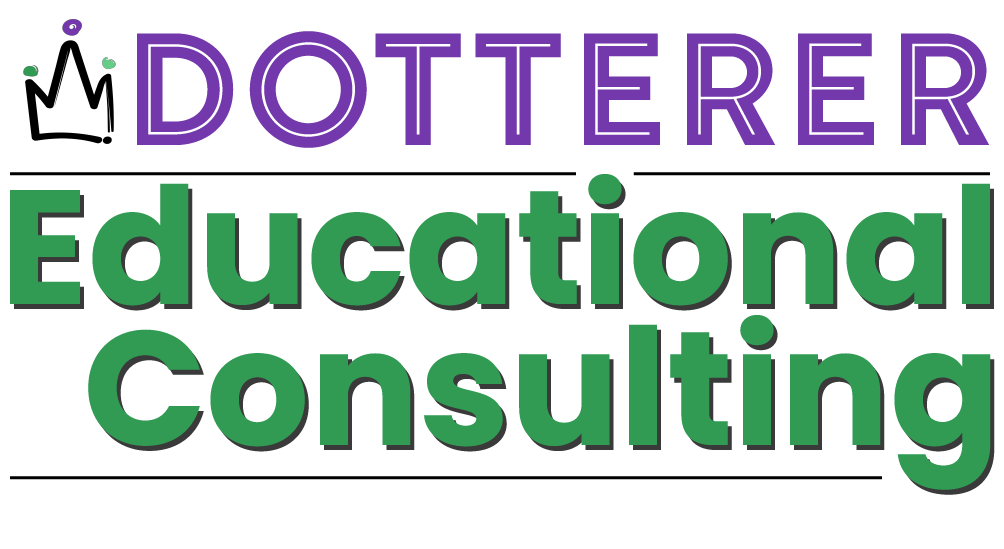It has taken me some time to find these heroes!
Do you know someone with dysgraphia, a child, a student, an employee, or a friend?
Let them know they are in good company. They stand alongside famous people like:

Albert Einstein
Source: Parenthood IQ

Louis Pasteur
Source: Gemm Learning

George Patton
Source: Warfare History Network

Henry Winkler
Source: nj.com

Daniel Radcliffe
Source: Understood.org
Or maybe you are the parent of a child with dysgraphia.

Source: People
Kelly Ripa and Mark Consuelos youngest, Joaquin, has severe dyslexia and dysgraphia. She announced his disability on her TV show in February 2021. Even with his disability, Joaquin received a full scholarship in wrestling from the University of Michigan. He graduated from high school in the National Honors Society with honors in English and Mathematics. He is enrolled in the School of Music, Theatre, and Dance.

Source: The High 5 Habit
Mel Robbins revealed that her son, Oakley, has dyslexia and dysgraphia in her latest book, The High 5 Habit. He is now enrolled in the Carroll School. This school specializes in teaching students with these neurodiverse disabilities. She discusses how crossing midline and visual tracking were some of the treatments that helped Oakley transcend his disability.
Like these celebrities mentioned above, 33% of the population has difficulty writing to some capacity. That’s right, one-third of the population! Let’s put it this way that equates to 110 million people in the United States or five out of a class of fifteen students. So why hasn’t this disability gained more recognition in the press? Why does it get sidelined?
Could it be money? Money was earmarked for literacy remediation in 1975 . Laws have been revised and improved ever since. However, no specific legislation separates reading from writing; thus, no particular law or regulation demanding a change.
IDEA – The Individuals with Disabilities Education Act was revised in 2004. This document targets writing disabilities throughout the regulation. This law is the closest special education has come to support our students.
Kelly and Meg had the funds to send their children to private schools for dyslexia, dysgraphia, and dyscalculia.
How are we supporting students from low-income homes that struggle?
Are they getting the support they need?
How can we get legislation to research writing with or without assistive technologies?
If you agree with me, please respond. Email me. Send me a direct message on Linked In, Facebook, or Instagram. I need to know that I am not alone. I see a real need to support dysgraphia research beyond handwriting or the latest app success.
We need to understand what is happening inside the brain of our students. There are so many questions unanswered.
Let’s show Washington DC that we need to stop using technology as an excuse to shortchange efficient communication across the lifespan.
Are you with me? Let me know.

